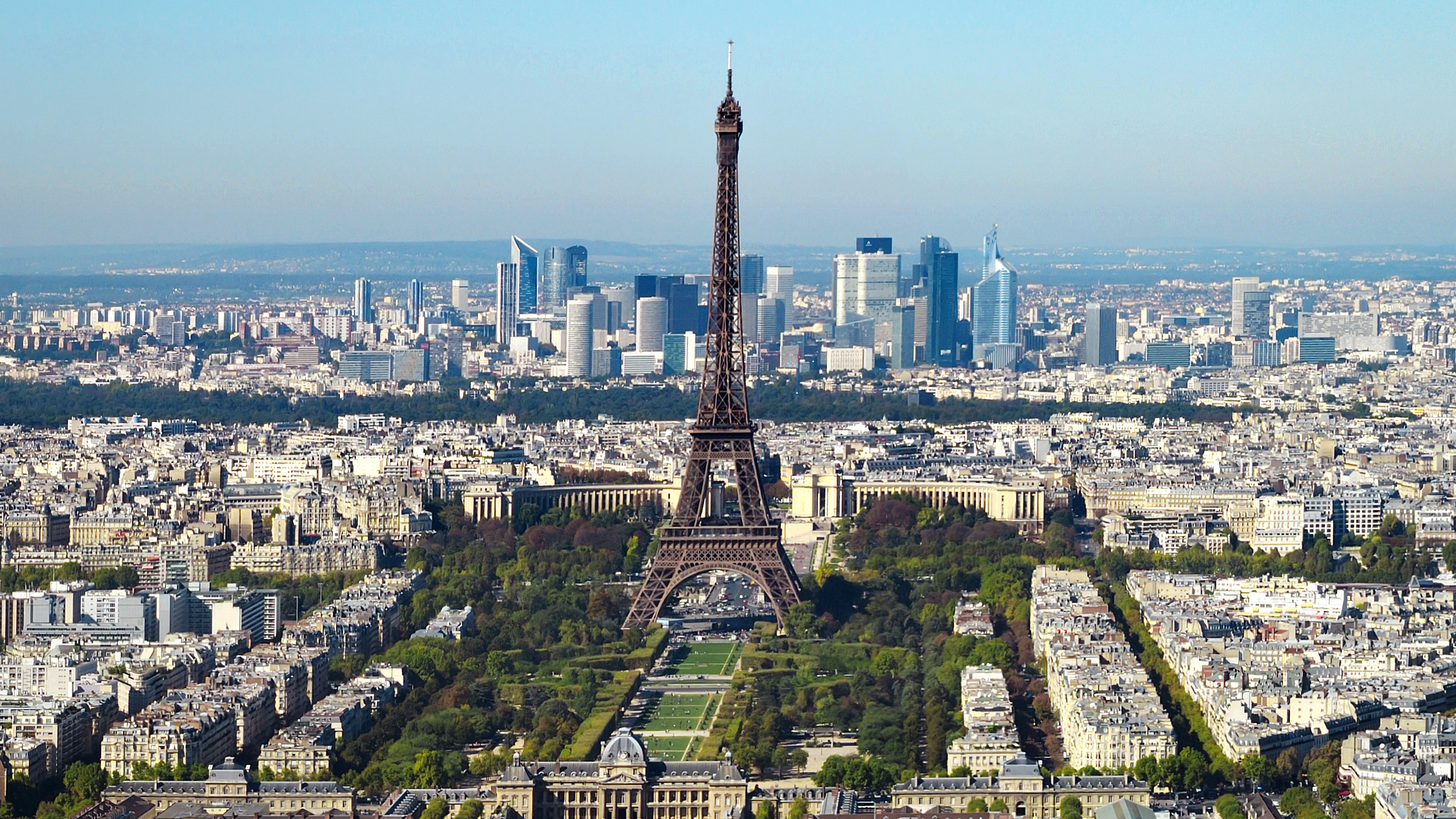The Paris attacks of November 13th calls for prayer; no analysis can comprehend or explain the hatred required to sacrifice one’s own life so that one may execute scores of defenceless souls. However, it is important to say a word in defence of our Muslim neighbours and a word against despair.
Now that ISIL has claimed responsibility for these attacks, we can say a little more about the terrorists’ means and ends. These were not radicalised “lone wolves” but team members who worked as part of a large, distributed global network. It is misleading to claim that the terrorists aimed to destroy our way of life: they are all well aware that they do not pose an existential threat to the West. However, they can terrorise democracies to change their foreign policies in the Middle East. Specifically, they can intimidate Western members of the coalition which is eroding ISIL’s grip on parts of Syria and Iraq. Their attacks can also generate publicity, propaganda and significant funding. And, finally, ISIL can polarise the world, turn communities against one another, so that everyone who is not a Muslim is at war with Islam.
So, while our immediate thoughts and prayers are with the immediate victims of the violence, it is also important to realise just how devastating these attacks are for those Muslims who wish to identify with liberal democracies. Implicit in the terrorism is the proposition that Muslim thinkers are too feeble to defend their own beliefs; that Muslim leaders lack the wit to discern political solutions for their problems.Western politicians generally respond to terrorism with rhetoric about intolerance and demands for greater powers of surveillance – thereby implying that Muslims are not to be trusted. Moderating voices are drowned out in the clash of the meta-narratives; mainstream Muslims are swept into intellectual and cultural ghettos.
Of course, some Islamic communities hold beliefs which are not compatible with liberal democracy and these communities need to be challenged. But very few of their members would sympathise with the bloodbath in Paris: as Jason Burke points out in The New Threat from Islamic Militancy, sympathy for terrorism has been decreasing even among conservative, reactionary Islamic communities. So we must resist ISIL’s apocalyptic vision by learning from Islamic critics of Islamic extremism. Ziauddin Saradar, for example, powerfully argues against the “weaponised faith” of The Muslim Brotherhood, ISIS and Al Quaeda. Their version of Islam is irrational, anti-religious and ultimately self-destructive. Those who weaponise their faith are immune to reason: they possess a supreme self-confidence which is the antithesis of faith (and a Christian can agree with Sardar that true faith must involve humility).
The acolytes of ISIL are incapable of questioning anything they believe: in effect, they never doubt their own piety or reason. They eliminate self-criticism as ruthlessly as they eradicate their enemies. Weaponised faith is self-destructive because it needs enemies to justify its own existence. Should ISIL ever defeat its European enemies and drive the imagined crusader states into the sea it will find new enemies within the Ummah. Indeed, it reserves a peculiar hatred, an almost genocidal rage, for Shia Muslims. Eventually, in their relentless drive for purity, the holy warriors who have joined ISIL will turn on one another. Such “holy warriors” are the greatest danger to the international Islamic community which is essentially diverse.
Nothing in Islam’s holy texts necessitates a violent struggle with outsiders There are non-violent traditions in Islam, most notably the Ahmadiyya Muslim Community. Mahmoud Mohammed Taha – who was martyred for his pleas for tolerance – argued that Quranic texts which authorise violence originated with Muhammad’s military struggle with Mecca. That period of history is over; today, all Muslims should return to Muhammad’s earliest teachings to value democracy, equality, dignity and religious freedom. In any case, rational Muslims believe that moral experience and human reason can reveal ethical truths. They do not need a Sunnah or a Surah to know that it is wrong incinerate innocents in an act of mindless terrorism.
Perhaps there are“seeds of violence” within Islam’s texts, traditions and history; perhaps not. Whatever the case, seeds need to be nurtured in fertile soil. We cannot pretend that the ‘seeds of violence’ do not require social, political and economic realities to grow. And human beings, not texts, go to war; it is humans who choose to elevate one text over another. The ultimate explanation of “Islamic terrorism” is not to be found in a faceless abstraction like “Islam”; it is to be found in hatred, self-righteousness and the will to power; it is to be found in every human heart.
We also have to consider the callous, barbaric carnage which has ended so many lives on Friday 13th of November, 2015. How can we believe in a good creator in when such savagery can be visited on his children? Theoretical answers are not helpful at this time: it is best to answer from our hearts. First: we can choose to have faith because the alternative is to admit that grief is not rational. If atheism is true we are the insignificant consequence of meaningless processes. We would have to concede that love is not stronger than death. We would lose all hope of justice and redemption; yet, can we live without hope?
Second: the Father gave his only Son; God the Son has suffered for us and with us. The torture and murder of the innocent Son of God would seem to be the greatest evil imaginable. Yet God raised him from the dead. God is great enough to bring good out of the Crucifixion. The evidence of the resurrection gives us a certain hope that God can end all suffering and heal all wounds. In other words we believe because a light shines in the darkness- and the darkness has not overwhelmed it.

